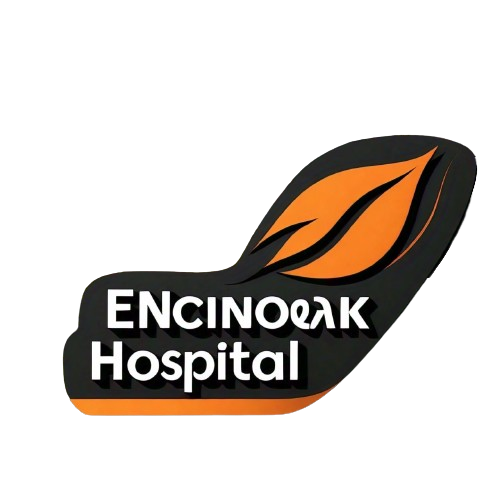
Outpatient Services (OPD) at Our Hospital
Our Outpatient Services (OPD) are designed to provide accessible and specialized medical care for patients who do not require overnight hospitalization. At our hospital, the OPD offers a wide range of medical consultations, diagnostic tests, and treatments across various specialties. Whether you need routine check-ups, specialized consultations, or management of chronic conditions, our dedicated team of doctors and healthcare professionals is committed to delivering personalized care and effective treatment plans.
Patients visiting our OPD can expect efficient service delivery, minimal waiting times, and access to state-of-the-art medical technology for accurate diagnosis and comprehensive healthcare. We prioritize patient comfort and convenience, ensuring that each visit is met with compassion and professionalism. From preventive care to acute medical conditions, our OPD aims to enhance your health and well-being through quality healthcare services tailored to your individual needs.
Outpatient Services (OPD) involve a series of steps designed to provide medical care to patients who visit a hospital or healthcare facility without staying overnight. Here’s a step-by-step outline of what typically happens during OPD visits:
Appointment Scheduling:
- Patients typically schedule appointments either by calling the hospital, using online portals, or visiting the hospital in person. Some hospitals also accommodate walk-in patients.
Registration:
- Upon arrival at the hospital, patients go through a registration process where their personal information, contact details, and medical history (if new patient) are recorded. This helps in maintaining records and planning the patient’s care.
Initial Assessment and Vital Signs:
- Patients are directed to an initial assessment area where a nurse or medical assistant checks vital signs such as blood pressure, pulse rate, temperature, and weight. This helps in establishing a baseline for the patient’s health status.
Consultation with Doctor:
- Patients are then escorted to the consulting room where they meet with the doctor or specialist. The doctor reviews the patient’s medical history, discusses current symptoms or concerns, performs a physical examination if needed, and may order further diagnostic tests or investigations.
Diagnostic Tests and Procedures:
- Based on the doctor’s assessment, patients may be directed to undergo diagnostic tests such as blood tests, X-rays, ultrasound, MRI, or other imaging studies. These tests help in confirming a diagnosis or monitoring the progress of a condition.
Treatment and Prescriptions:
- After diagnosing the condition, the doctor discusses treatment options with the patient. This may include prescribing medications, recommending lifestyle changes, suggesting therapies (like physiotherapy or counseling), or referring the patient to a specialist for further evaluation or treatment.
Patient Education and Counseling:
- Doctors and healthcare providers educate patients about their condition, treatment plan, and self-care measures. They may also provide information on managing medications, recognizing symptoms, and making lifestyle adjustments to promote better health.
Follow-up Appointments and Referrals:
- If necessary, the doctor schedules follow-up appointments to monitor the patient’s progress. Referrals to other specialists or healthcare providers may also be arranged for ongoing or specialized care.
Billing and Discharge:
- After the consultation and any necessary procedures or tests, patients proceed to the billing desk where they settle payments for services rendered. They may also receive prescriptions, medical reports, and instructions for follow-up care.
